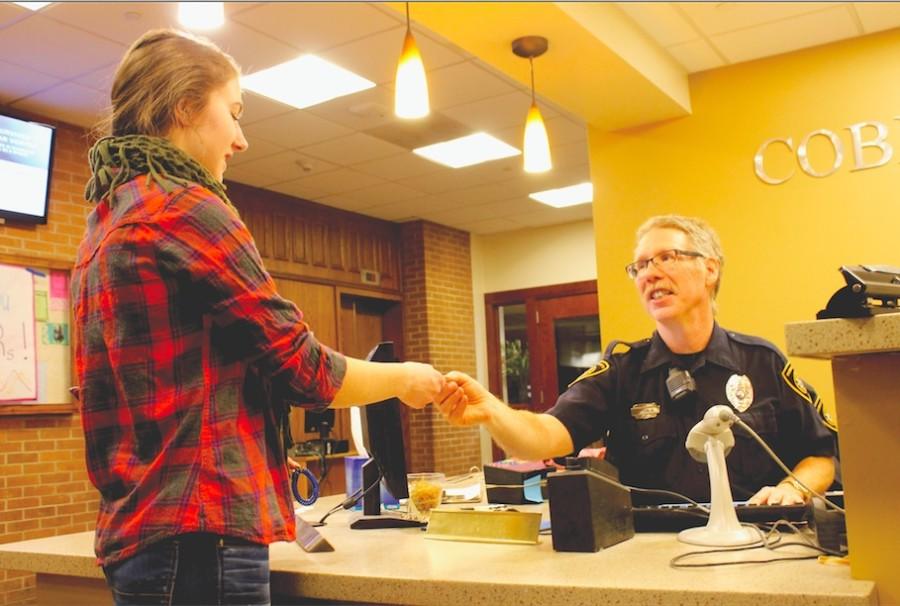 With a growing home foreclosure rate and declining public school enrollment, Milwaukee has a lot of empty buildings to maintain, and they’re costing
With a growing home foreclosure rate and declining public school enrollment, Milwaukee has a lot of empty buildings to maintain, and they’re costing the city a substantial sum of money.
Wisconsin Sen. Alberta Darling and Rep. Joe Sanfelippo recently proposed a bill that would allow the city of Milwaukee to sell empty Milwaukee Public School buildings to private organizations looking to set up charter or voucher schools.
The proposed legislation would allow the city to give private organizations a shot at the under-utilized properties. If the buildings still remain vacant or partially vacant after four years, the organizations could lease them out to put the facilities to use in some other way, according to a Milwaukee Journal Sentinel article.
A similar piece of legislation was introduced in 2011 by Darling and Willie Hines, the Milwaukee council president, but the city didn’t take advantage of it. The city feared that MPS would lose some government funding because private schools would decrease MPS enrollment.
Hines recently said he would like to see the city consider leasing the buildings to other organizations that could add tax value, and that may be the best option.
I would like to see the city of Milwaukee take over responsibility of these buildings because of MPS’s reluctance to sell. However, like Hines, I don’t think that we should limit the use of these buildings just to the education market.
There is no doubt that the city could use an extra source of income. Very much like Milwaukee recently looking into advertising on public spaces, leasing publicly owned buildings could be another answer to the cities financial woes.
The possibility for extra income is within grasp of the city. These buildings are partially vacant and under-utilized. Tax payers pay a substantial amount to maintain them, and, at the end of the day, the buildings will stay vacant. It’s a vicious circle. If the city were to lease even just a portion of these buildings to businesses, it could help stimulate the economy of the city and would be beneficial for all parties involved.
For example, say one of these empty schools were to be leased out to a communications firm. The firm would pay to convert the building into office space and it would work out of the building for at least a few years. As a result, property values around the firm would start to rise because the building would be occupied. The firm would pay taxes on the building, and a new source of employment and revenue would be introduced into the city.
While privatizing public schools continues to be a heated, ongoing debate; it is common sense to utilize partially vacant buildings to gain much needed revenue.
Having an empty building hurts everyone. Property values drop, maintenance fees go through the roof and the public has something sitting there that could be put to better use. It’s a basic principle taught in Economics 1001, the production possibilities curve.
Schools are a priority. Milwaukee needs to educate its future generations, but if the city has too many school buildings and not enough students to fill them, then the city isn’t properly utilizing its resources. The city needs to lease these extra properties to the general public.


